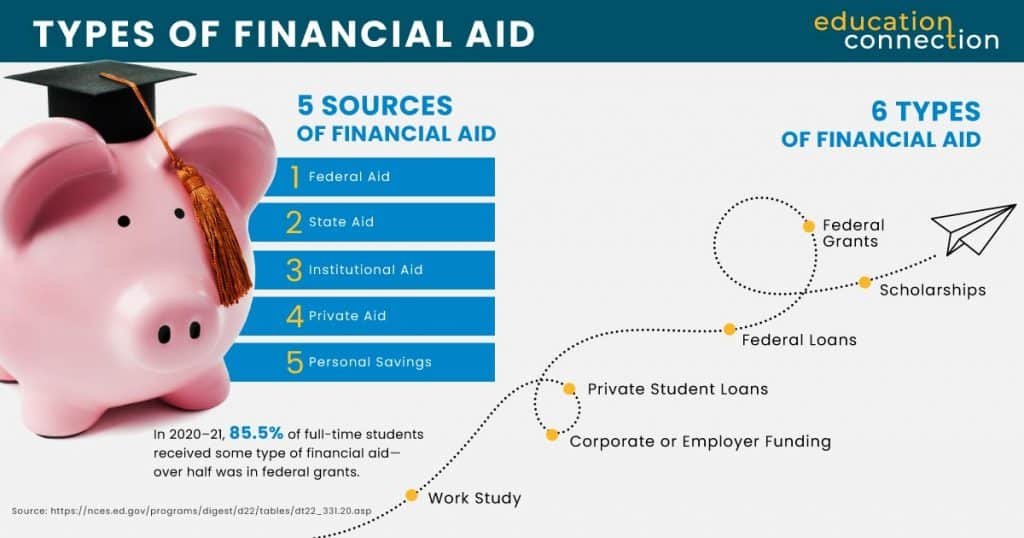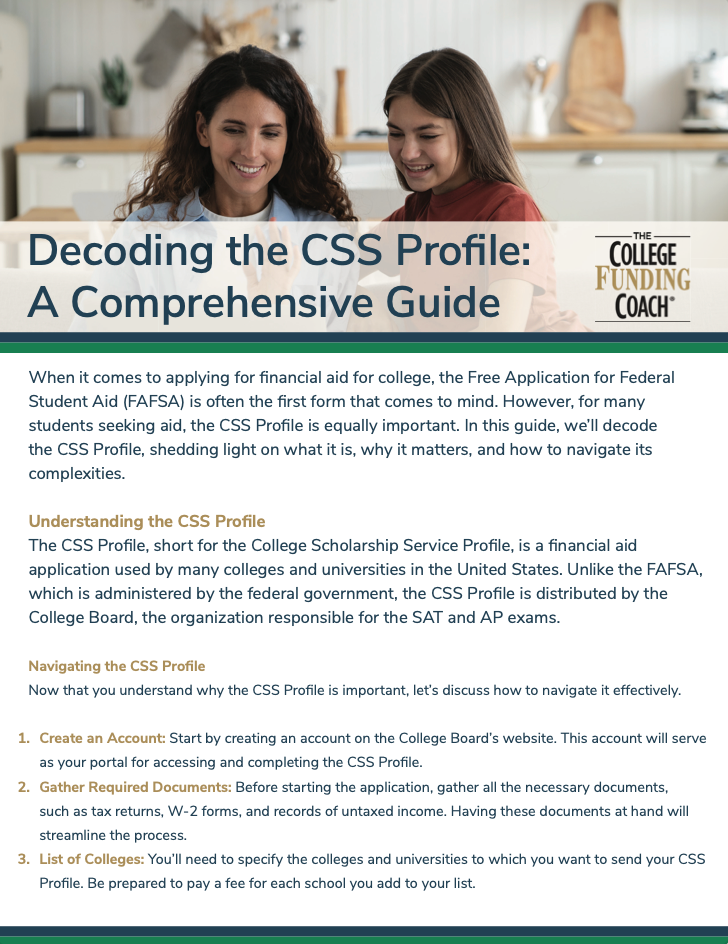Student loans are a reality for many people in the United States. Whether you’re fresh out of college or managing your student loan debt, you might find that these loans can significantly impact your ability to rent an apartment. Landlords consider your overall credit score and financial profile when reviewing rental applications, and student loans can play a major role in this evaluation.
Key Takeaways on Renting with Student Loans
- Student loans can affect your credit score, a crucial factor for landlords in rental applications.
- Landlords assess your credit report to gauge financial stability and your ability to make timely rent payments.
- Balancing student loan repayments and rent can be challenging, but strategies exist to improve your financial profile.
- Understanding the cost of attendance and housing expenses helps you better plan and budget for education and living costs.
- Student loan funds can cover eligible housing expenses, but it’s important to follow the terms and conditions of your loan.
Understanding How Student Loans Affect Renting an Apartment
When you apply for an apartment, your credit score and credit report are key elements landlords review. Your student loan debt can heavily influence these aspects, and understanding their impact is crucial to improving your chances of securing a rental.
How Student Loans Impact Your Credit Score
Your credit score is one of the first things a landlord looks at when reviewing your application. If you’re late on your student loan repayments, your credit score may take a hit. A poor credit score can make it harder to rent, as landlords often see individuals with low credit as high-risk tenants.
Credit Reports and Their Role in Rental Applications
Landlords don’t just look at your credit score—they also review your credit report. This report provides details about your payment history, credit utilization, and any outstanding debts, including student loans. A clean, well-maintained credit report with timely student loan payments can improve your chances of approval.
Managing Student Loan Repayments and Rent Payments
Balancing both student loan repayments and rent payments can feel overwhelming. However, a clear strategy can help you handle both financial obligations smoothly.
Tips for Balancing Student Loans and Renting
- Create a detailed budget: Allocate specific amounts for your student loans and rent.
- Explore repayment options: Consider income-driven repayment plans or deferment programs for your student loans.
- Consider alternative housing: Renting a room or sharing an apartment with a roommate can lower your housing expenses.
Strategies to Improve Your Credit Score and Rental Prospects
If your student loans have negatively impacted your credit score, there are steps you can take to improve your financial profile and increase your chances of renting.
- Monitor your credit report closely for any errors.
- Make all payments on time, including student loan repayments.
- Consider a co-signer or a larger security deposit to enhance your rental application.
- Improve your credit score by reducing debt and maintaining consistent employment.
By working on your financial health, you can overcome the challenges posed by student loan debt and secure the apartment you want.
Student Loans and Housing Expenses
Understanding how your student loan can cover housing expenses is essential for managing your finances while in school or shortly after graduating.
The Cost of Attendance and Housing Expenses
The cost of attendance (COA) includes more than just tuition; it covers housing expenses, books, supplies, and transportation. When you take out a student loan, you’re committing to using the funds for education-related expenses, which include housing.
On-Campus vs. Off-Campus Housing Costs
Living on-campus might seem convenient, but renting off-campus can sometimes be more affordable, depending on the local rental market. Whether you live on or off-campus, it’s important to plan how your student loan funds will cover your housing expenses.
Using Student Loans for Housing
Your student loan can be used to pay for eligible housing expenses, but it’s crucial to understand the terms of your loan agreement. Be sure to track how your loan funds are being used and ensure they go towards approved costs like rent and utilities.
Navigating the Challenges of Student Loans and Renting
Student loans can significantly impact your ability to rent, but with proactive strategies, you can navigate these challenges effectively. From managing your credit score to using student loan funds wisely, there are ways to improve your chances of finding the perfect rental.
Final Thoughts: Overcoming the Student Loan Hurdle in the Rental Market
By understanding how your student loan debt affects your financial profile and rental prospects, you can take the right steps to secure an apartment. Work on your credit score, explore repayment options, and consider alternative housing arrangements to enhance your rental opportunities.
With proper planning and financial management, you can balance your student loans and rent successfully, helping you secure the apartment that fits your needs and lifestyle.












